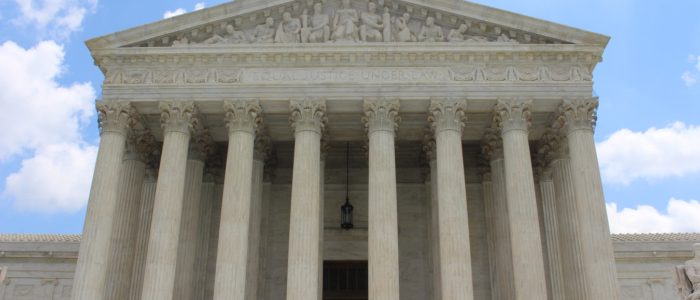The Minnesota Courts are experiencing a backlog of cases like never before. After a three-month hiatus brought on by the COVID-19 pandemic and Emergency Orders, Hennepin, McLeod, Olmsted and Ramsey counties began jury trials in felony criminal cases on a pilot basis. No other criminal trials can take place before July 6 and no civil trials can be held until Sept. 1. That will mean that civil cases have been put on hold at least six months in 2020.
The civil docket will be directly affected by the backlog of criminal trials. Active felony cases in Hennepin County are up 67% compared with the same time last year. According to an article in the Star Tribune, the county has 275 felony trials scheduled for June and 239 for July. Even with the same rate of plea bargains as in the past, there would be 37 trials this month in Hennepin County. There will be no room for civil trials until those criminal cases are resolved.
And the housing court will be swamped. On average each year, more than 17,000 evictions have been filed in housing courts across Minnesota. Unpaid rent is a primary reason for an eviction filing, and that will be compounded with unemployment over 13%. Governor Walz issued an executive order in late March 2020 stopping evictions for renters and homeowners facing foreclosure during the state’s peacetime emergency for coronavirus. The emergency order kept thousands from losing their housing. Soon, that Emergency Order will be lifted and we will see a tsunami of foreclosures and evictions; again causing an epic backlog of cases.
The courts are not alone. FINRA has postponed all arbitrations as well. With busy attorney calendars, cases that were to be held in March-June will now likely be held in 2021. The market downturn will result in a wave of new customer cases, all waiting for a hearing date.
Anecdotally, we have been told that civil jury trials for business disputes and the like are now being scheduled into late calendar year 2021 and into 2022. All of the cases that were in the pipeline before the pandemic still need to find resolution. All of the cases that have been arising during the pandemic will be put into the queue that will create a long line. That’s assuming that we do not experience another wave of the virus in the winter.
When I first left law school, I worked at the Minnesota Supreme Court. At that time, Peter Popovich served as the Chief Justice. He was fond of commenting that “justice delayed is justice denied.†With this epic backlog of cases, it will be more important than ever that attorneys use alternative dispute resolution to resolve business and employment disputes. This will certainly include mediation, and when appropriate, the use of binding arbitration.

